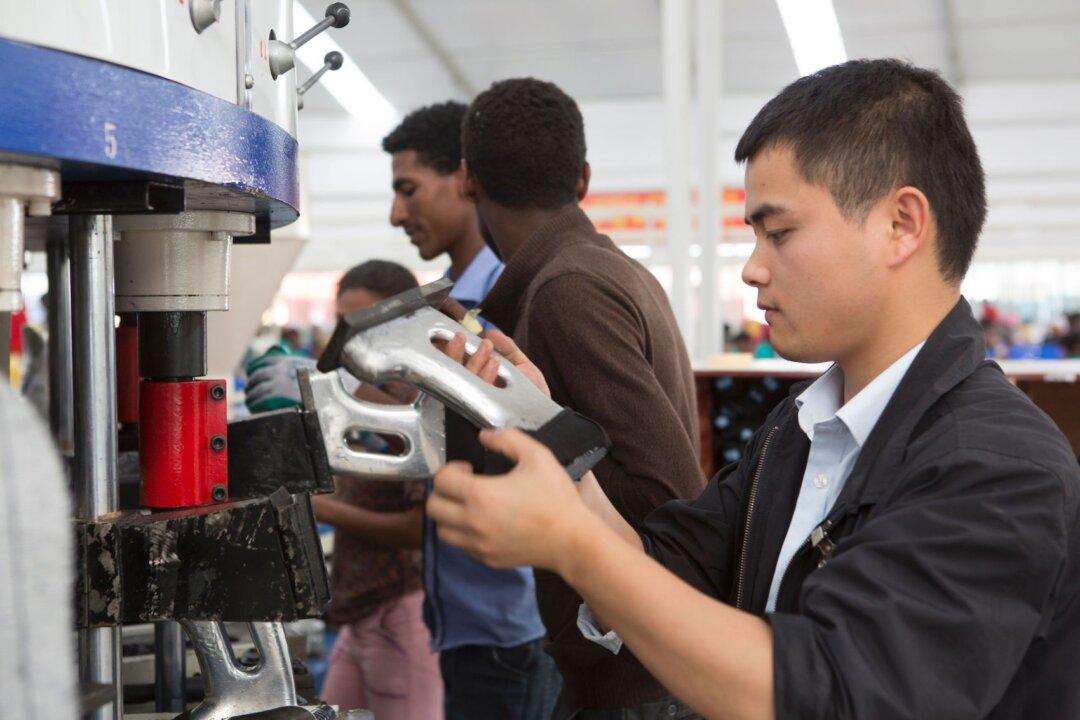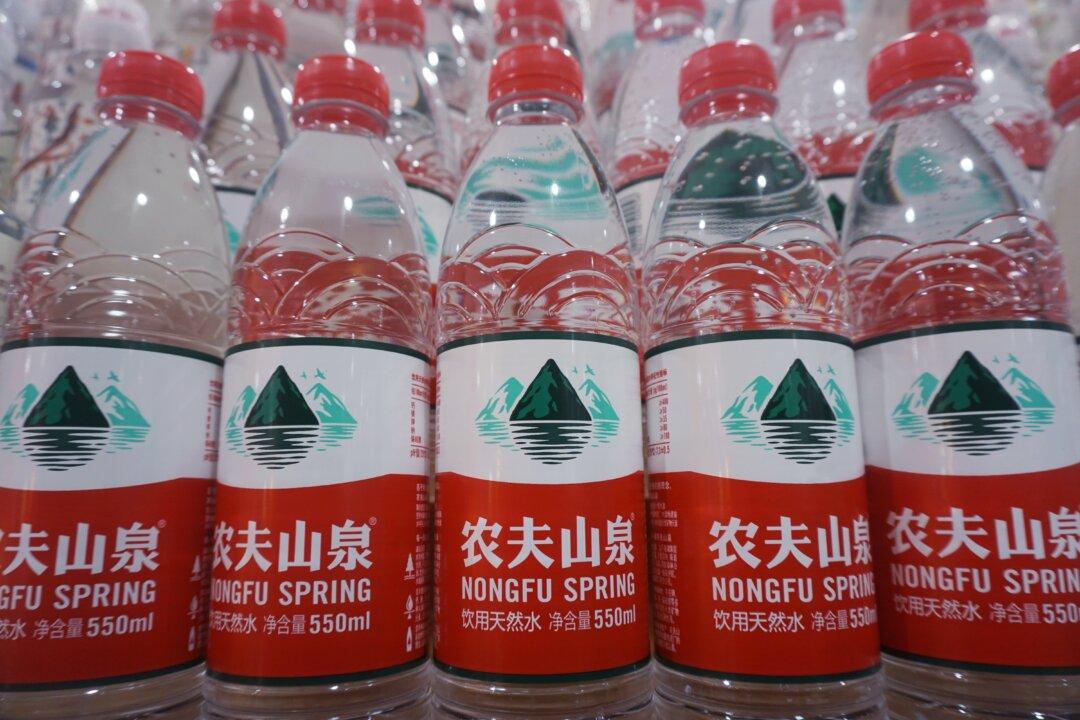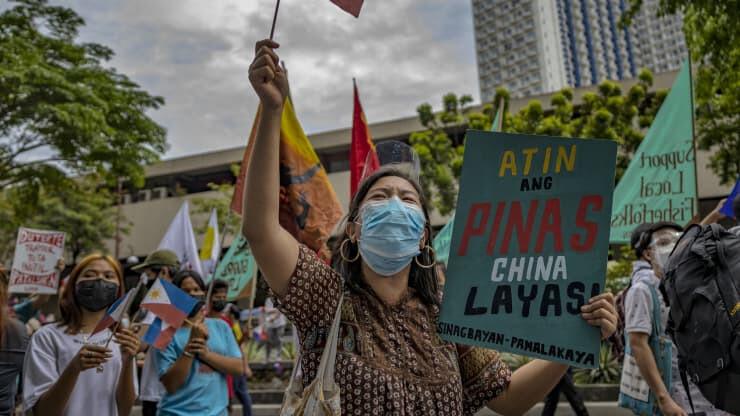China’s economic downturn has prompted many young Chinese to go to Africa to make a living. After overcoming fears of poverty and cultural differences, many found they could prosper.
“Many stuff Americans buy in stores are made by Chinese companies, but they’re not made in China but in Africa," said Sun Yuan, author of the 2017 book “The Next Factory of the World”.




